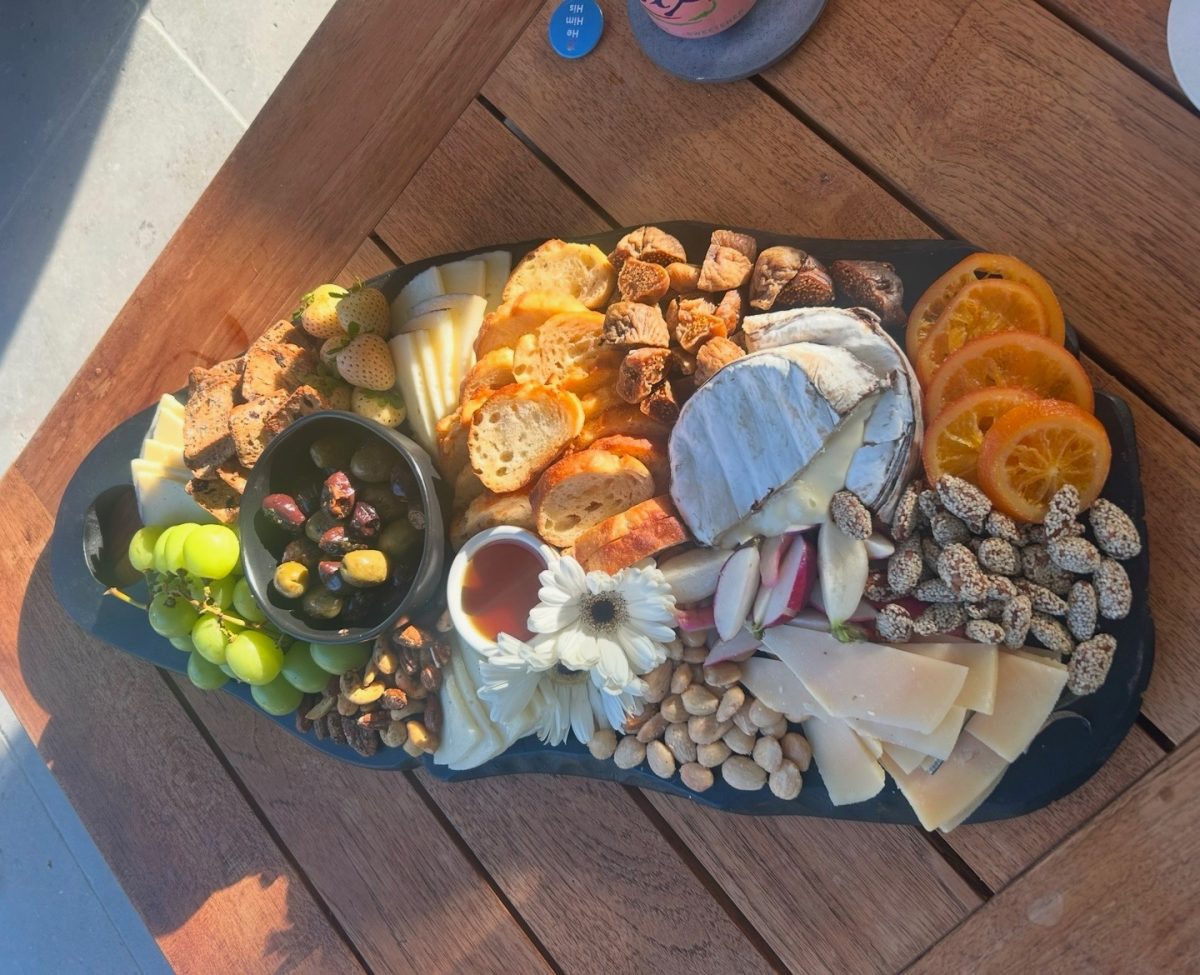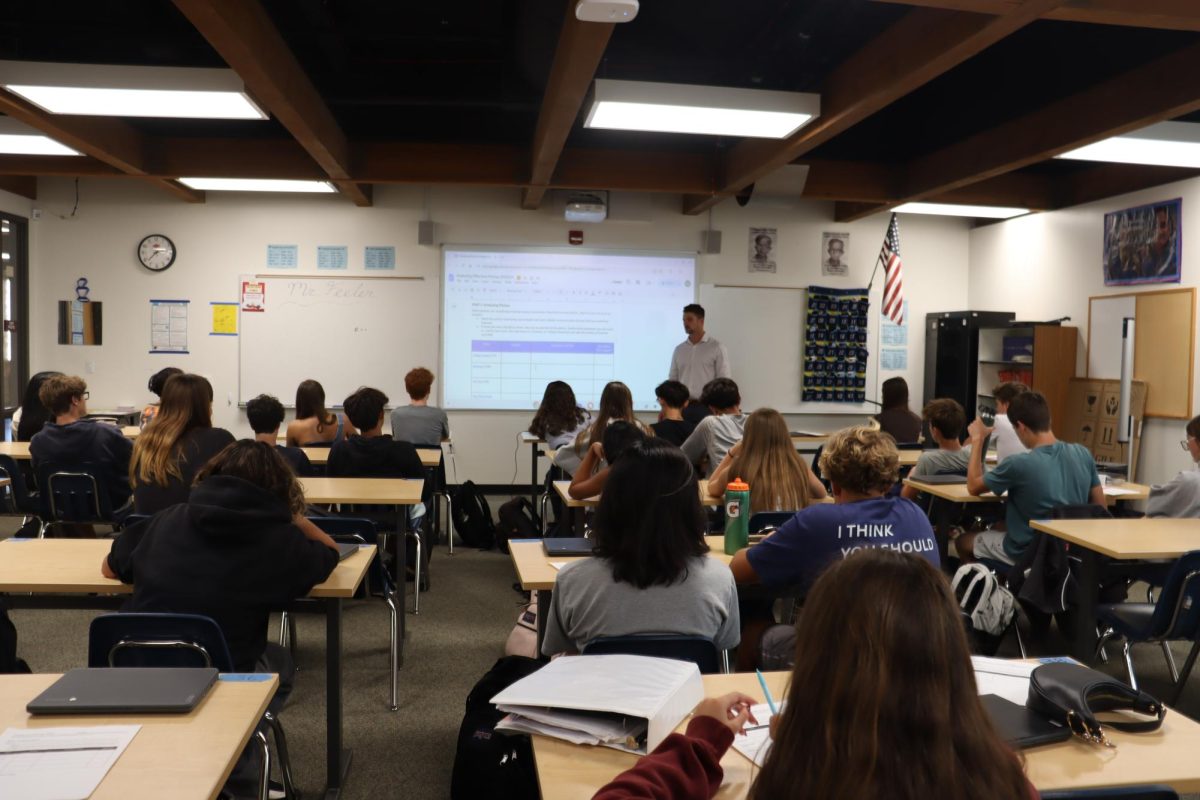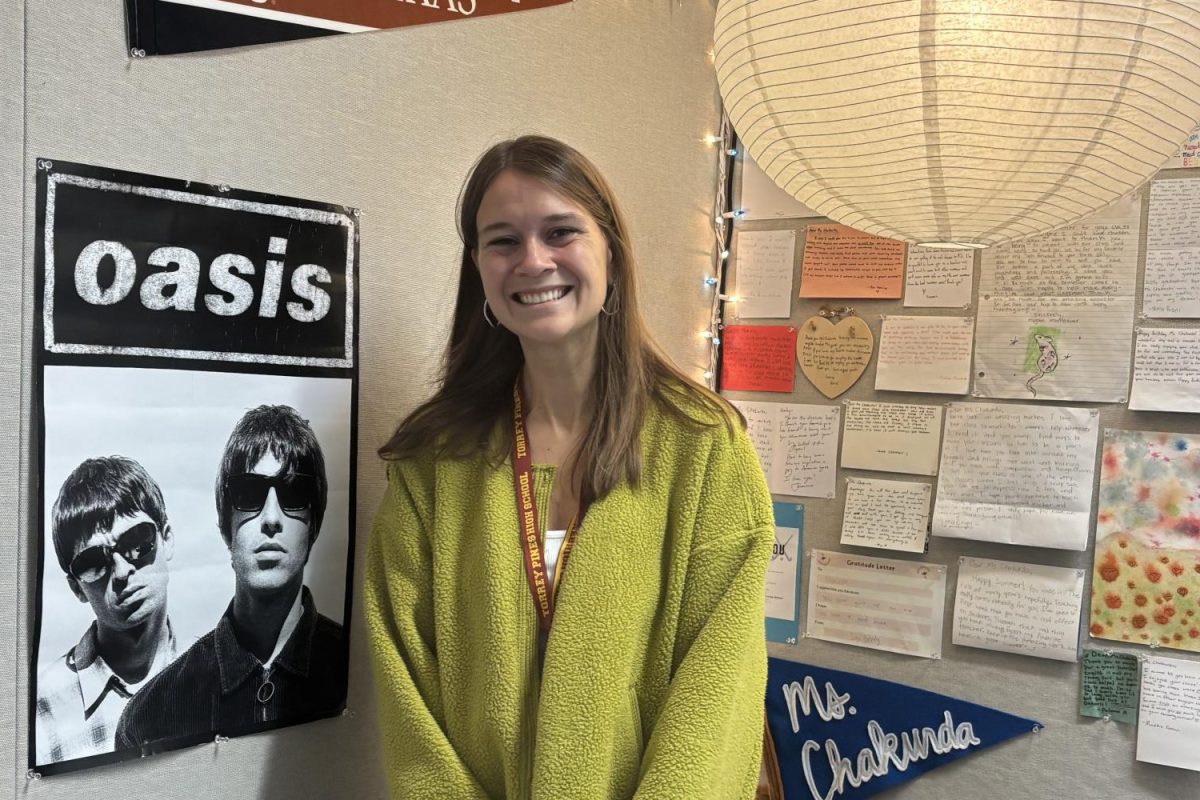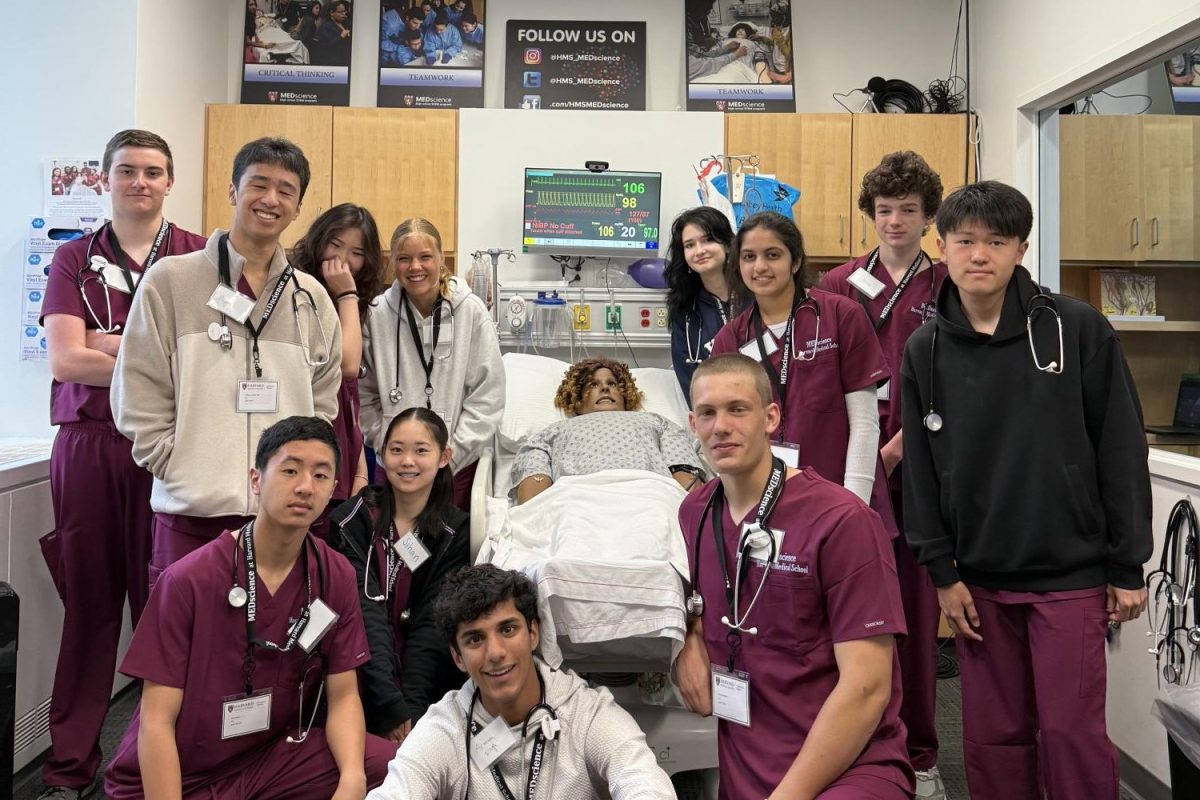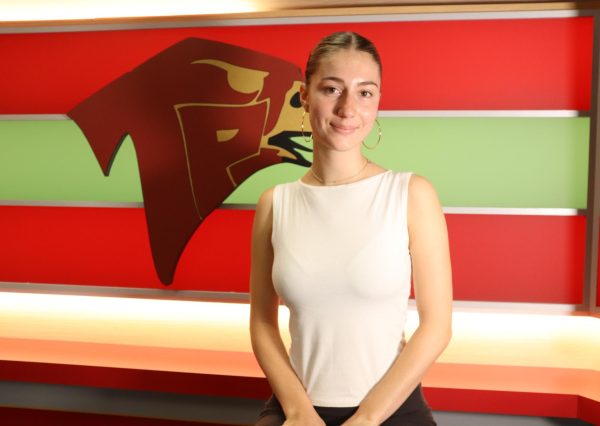There are countless diets around the world, many of which students at the school follow for many different reasons. To name a few, there is vegetarianism, veganism, pescetarianism, gluten-free and dairy-free diets. Which diet is best to follow? Well, it truly depends on what one enjoys, and what food makes them feel their best and stay strong.
According to Statista’s Global Consumer Survey, “more than four in 10 Americans follow some kind of nutrition rule(s).”
There are many reasons why people choose specific diets. People follow diets to lose weight, handle allergies and intolerances, be more sustainable and environmentally friendly, for religious reasons, or simply because it makes them feel better. Whatever the reason, diets are a hot topic in today’s world of influencers, societal norms and overall better knowledge of and appreciation for health.
Michael Lopez who teaches culinary art and biology at the school shared his thoughts.
“As a culinary teacher, I understand that diets are a tool that many people use to meet their nutritional needs,” Lopez said. “The needs can vary as much as there are diets out there, so it’s difficult to say that one diet should be applied to everyone. Instead, people should make informed decisions based on their age, activity levels, medical conditions, and personal and ethical viewpoints.”
Lynn Leahy, an AP Psychology teacher at the school, follows a gluten-free and dairy-free diet.
“My stomach was always my weak point in my health,” Leahy said. “I no longer worry about pain/discomfort, etc. At one point, I had to reintroduce gluten into my diet to do some blood tests. Within five days, I had a huge acne breakout and a sinus infection. Obviously, correlation is not causation. But, it is proof enough that gluten-free helps inflammation in my body.”
Many people around the United States struggle with gluten intolerances.
According to Northwestern Medicine, “it’s estimated that 15% of the U.S. population has some sort of non-celiac gluten intolerance.”
Lopez does not follow any specific diets, but he makes sure to keep an open mind to new foods and stay up to date to nutritional discoveries as the science progresses.
“The diet I follow today has changed compared to what I followed in my younger days,” Lopez said. “Metabolic levels change as you get older, so watching the calories I consume is more of a concern. I’m also seeing how the research on nutrition continues to evolve as more studies are done. I mostly have taken the opportunity to reduce foods that provide little nutritional value compared to the calories they have. [The] density of nutrients while increasing important dietary components like fiber are great general guidelines to follow.”
Stanley McInnis (11) follows a pescatarian diet, a vegetarian diet that also includes seafood.
“When I was five, my Dad told me that animals had to be killed in order to make the meat that we were eating, and it was an upsetting concept to me, so I stopped eating meat because I cared a lot for animals,” McInnis said.
Many people decide to follow a plant-based diet for a more environmentally friendly lifestyle as well.
According to Our World Data, about 900,000 cows and 202 million chickens are slaughtered every day. On a more comprehensible scale, 140,000 chickens are slaughtered every minute.
Switching from eating meat daily to eliminating it completely is not necessarily easy. Meat is a great main source of protein to have in each meal. Dietary restrictions, specifically vegetarianism and veganism, make meeting daily nutritional needs a bit more difficult. However, the impact one can make by just cutting down their meat intake by a little is major.
A two-week experiment by BBC Future in 2022 tracked emissions from a vegan, vegetarian and omnivorous diet, finding that vegan, vegetarian, and omnivorous diets emitted 9.9 kg, 16.9 kg, and 48.9 kg of CO2 per week.
Lowering meat consumption just by a little every week will not only save more animals’ lives but will help slow climate change and conserve Earth’s resources.
“I would recommend this diet because it’s better for the environment,” McInnis said. “I honestly don’t feel that I miss out on much because there are so many meat-free alternatives and substitutes made from more sustainable sources that taste just as good to me as I’m sure meat would, so I think it can only benefit people to choose this diet.”
When vegetarianism, pescetarianism, veganism, and other diets are done correctly, they can even be a healthier alternative to eating red meats and processed meats.
According to Harvard Health, “red and processed meats do increase health risks … an accumulated body of evidence shows a clear link between high intake of red and processed meats and a higher risk for heart disease, cancer, diabetes and premature death.”
McInnis has learned to appreciate not eating meat, as it has taught him to be more health-conscious and aware of what he puts in his body.
“My diet is more healthy than someone who eats red meats which can be bad for you, and avoiding meat helps me be more conscious and intentional about what I’m eating,” McInnis said.
In the end, what is most important is that people are eating foods that make them feel good and healthy.
“I’m always trying new foods. Keeping an open mind to what tastes good provides opportunities to discover,” Lopez said.


